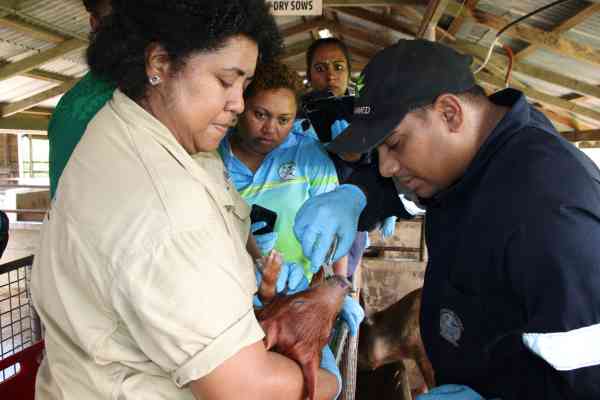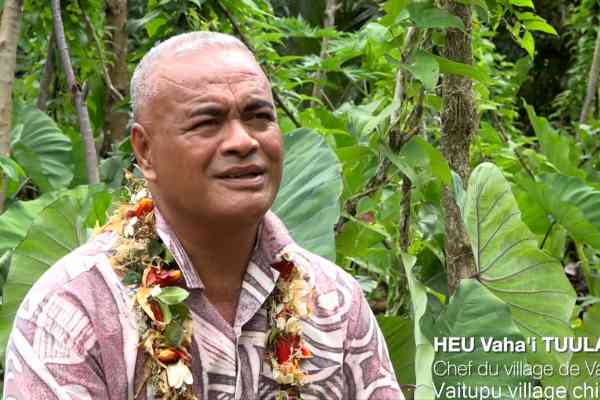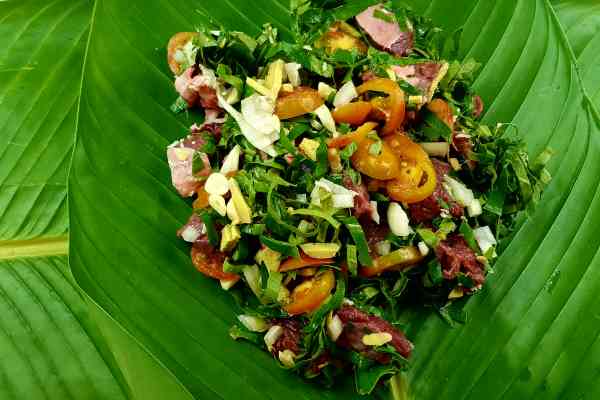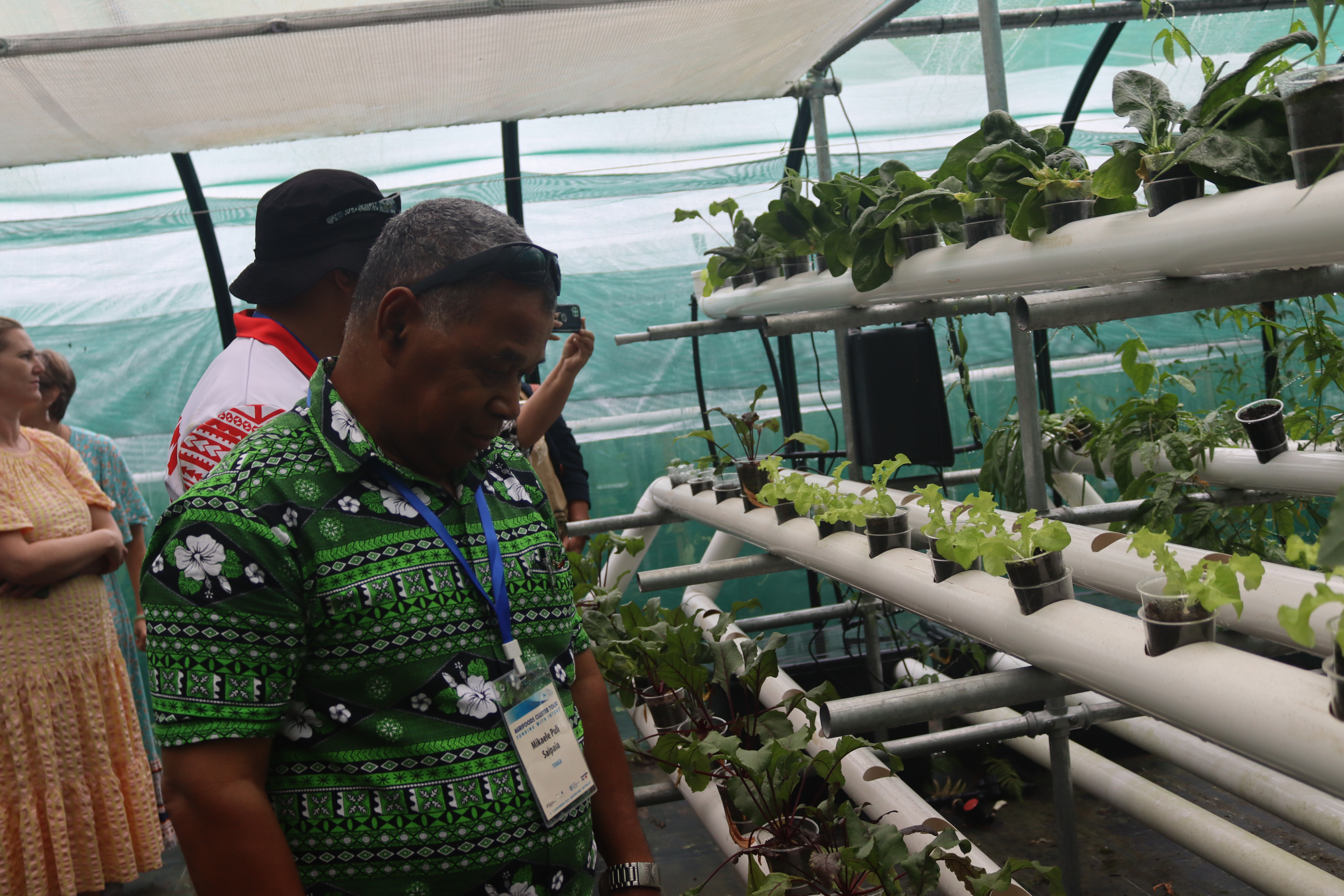
Representatives from the government and the private sector from Fiji, New Caledonia, Papua New Guinea, Samoa, Tonga, and Vanuatu toured agrifoods clusters on Australia’s Sunshine Coast from 6 to 9 November this year. This was to gain insights into how business clustering as an economic policy intervention has aided small businesses in the Food and Agribusiness Network (FAN) cluster.
Food clusters can benefit Pacific food systems through their growth and network building and support of shorter supply chains, taking locally grown produce and agricultural products to market for local consumption; and addressing other food systems deficiencies.
The Pacific Agrifoods three-day Cluster Tour for the six nations concluded with a roundtable discussion. The Roundtable brought together stakeholders from the food systems and clustering ecosystem, who focussed on different elements and dimensions in addressing food system challenges. This included a health and nutrition dimension and research and industry aspects by Dr Sarah Burkhart of the University of the Sunshine Coast, and Dr James Krahe of Future Food Systems, respectively.
At the Roundtable, the High Commissioner for Vanuatu in Australia, H.E. Samson Vilvil-Fare, emphasised that “Looking at food in a systematic way means being able to acknowledge the different actors in the system and sector but with shared outcomes. In the case of the food system, it is about addressing health and nutrition aspects and the economic components of agrifoods business and the like”.
Mr Vilvil-Fare added that though clusters may be new to the Pacific, their characteristics are not – the communal and collaborative nature of clustering is perfect for the Pacific and enables us to also work on the climate and food nexus.
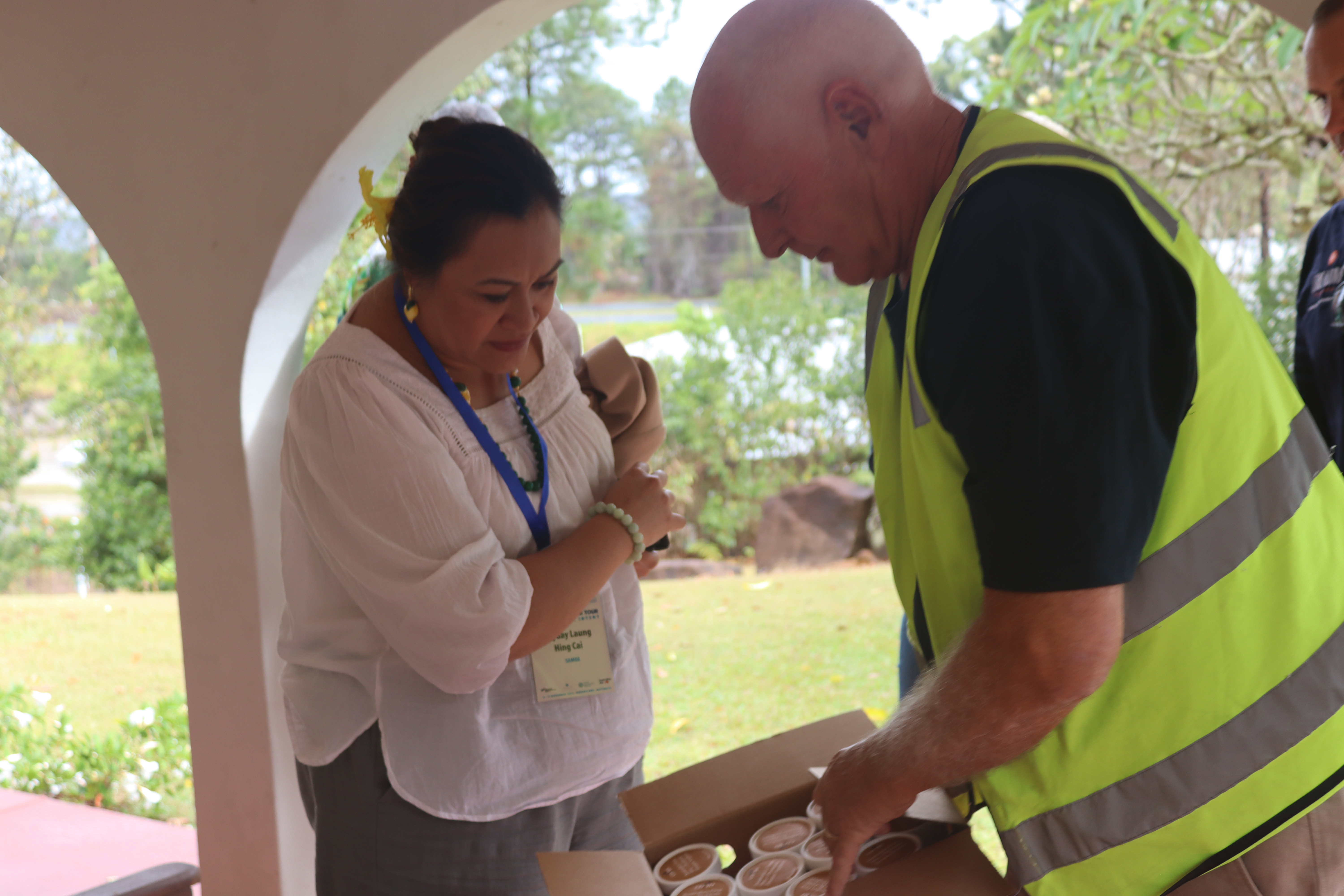
The tour allowed participants to explore a variety of enterprises, including a visit to COYO Australia, a renowned coconut yoghurt business, Sunshine & Sons distillery, and a local coffee roaster, Groundskeeper Willie. The itinerary also included a stop at the agritourism hotspot, Warrior Restaurant at The Crocodile Hunter Lodge, Vanilla Vine Sunshine Coast, and Blue Dog Farm.
The delegates also witnessed the launch of the Sunshine Coast Pantry, an initiative showcasing the diverse agri-businesses and agri-tourism experiences the region has to offer and clearly showing the important links between tourism and food.
Ms Nicole McNaughton, CEO of the FAN Cluster, emphasised the need for collaborative efforts, stating, "The food and agriculture landscape is changing in the Pacific and globally, and that presents challenges and opportunities. As FAN, we are there to connect our members and ensure they have the appropriate information to make decisions for the next step in their agribusiness journey that transforms the agrifoods sector and shapes the future of our communities.”
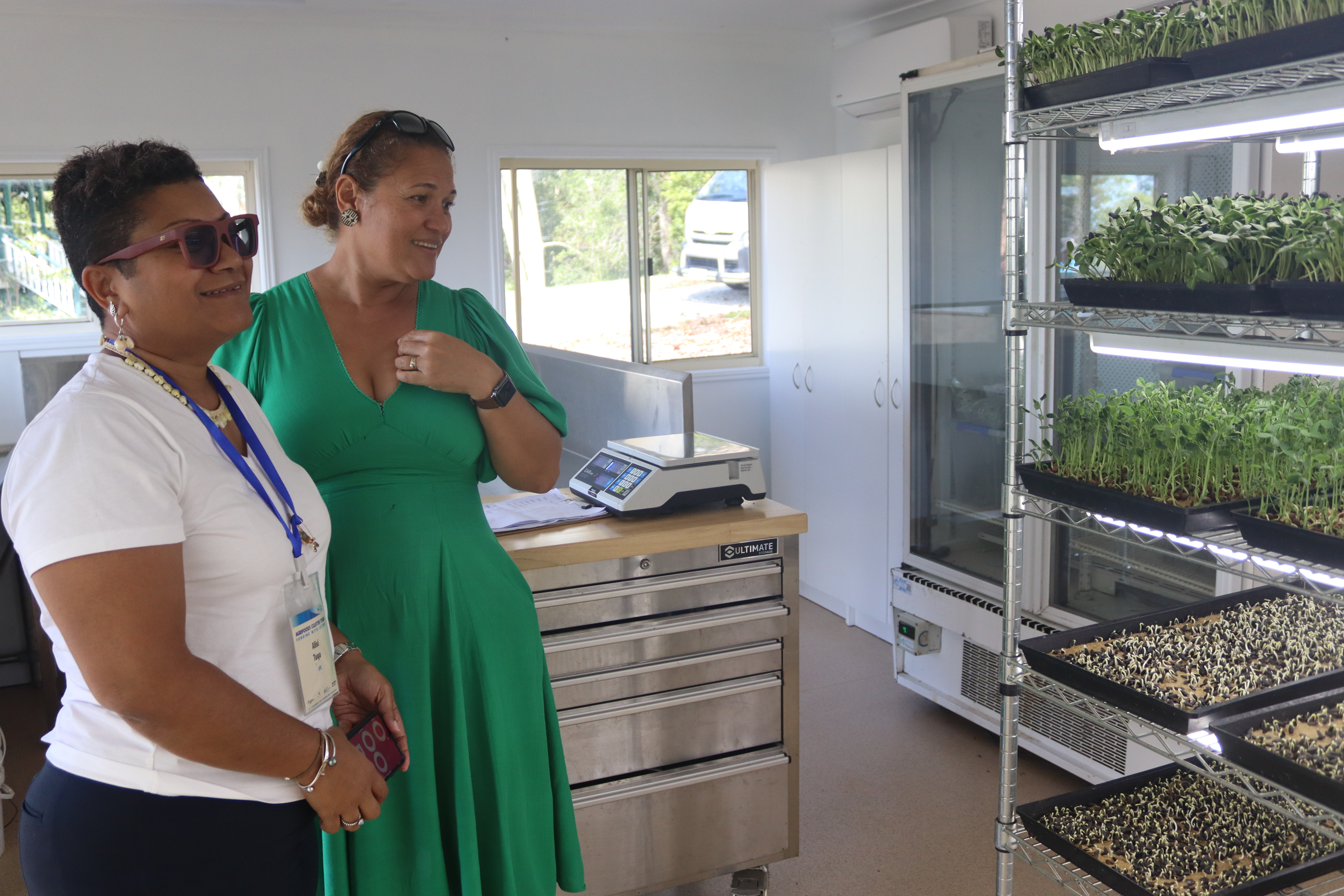
"The Pacific Agrifoods Cluster Tour underscores the power of collaboration and innovation in addressing food security challenges," said Ms Alisi Tuqa, the Pacific Community’s (SPC) Food Systems Programme Lead. "This tour is an excellent opportunity to explore solutions using the business cluster model by learning from each other and the existing clustering networks we have in the region so that it frames how we tackle food systems challenges, especially in how we work with farmers and agribusinesses."
Ms Mirjana Prica, the Chair of TCI Oceania and TCI Board Member, congratulated FAN and SPC on the tour and said, “TCI Oceania was happy to work with SPC and FAN to coordinate this tour, and I am looking forward to seeing how we can collaborate to support agrifood clusters in Australia and across Oceania.”
A business cluster is a geographic concentration of interconnected businesses, suppliers, and associated institutions within a specific industry or field. Clusters, particularly in agribusinesses, create a collaborative ecosystem that fosters innovation, efficiency, and competitiveness by sharing common resources, technology, and expertise.
SPC organised the roundtable event in partnership with the Food and Agribusiness Network (FAN), TCI Oceania, and the Australian Centre for Pacific Islands Research at the University of the Sunshine Coast. This initiative was funded by New Zealand's Ministry of Foreign Affairs and Trade (MFAT) through the Funding with Intent (FIT) mechanism and further supported by the Australian Government through the Pacific Women Lead at SPC.
For more information and media inquiries, please contact:
SPC Food Systems and Programme Lead Alisi Tuqa at [email protected]
